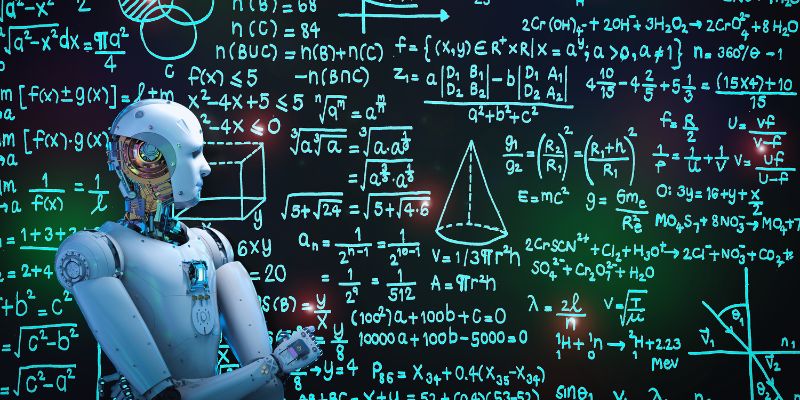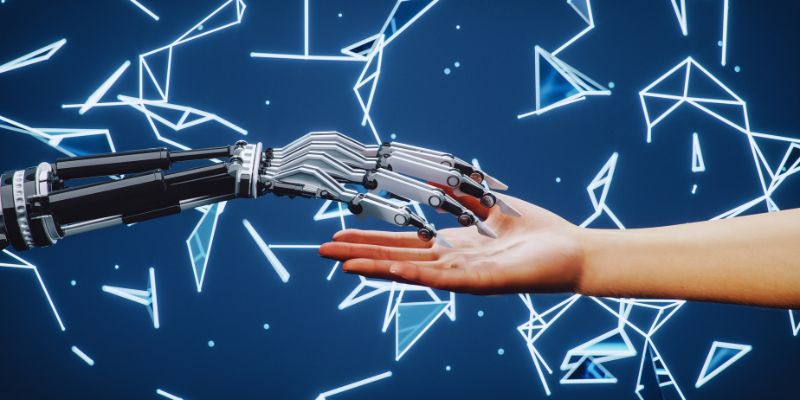Worldwide, the industry is being transformed by machine learning. It runs medical equipment, self-driving cars, and smart assistants. Driven by innovative research and creativity, experts are bringing about this transformation. Their development of fresh algorithms, improvement of AI performance, and solving practical issues help shape artificial intelligence in the future. From elite colleges to tech behemoths, these trailblazers forward artificial intelligence.
Their specialties are ethical artificial intelligence, neural networks, and deep learning. Their ideas shape companies, governments, and society. Knowing their work guides us toward artificial intelligence. This guide highlights ten elite machine learning leaders. Their contributions touch on ethics, applications, and research. Their inventions affect robotics, banking, and medicine. Understanding their efforts helps us value the advancement of artificial intelligence.

Top Machine Learning Leaders
These leaders have made revolutionary contributions to artificial intelligence, determining its direction in several sectors.
Geoffrey Hinton
Deep learning pioneer Geoffrey Hinton created neural networks motivated by the human brain. His work set the groundwork for developments in artificial intelligence. He was instrumental in refining convolutional neural networks and deep learning models. He improved image recognition, speech processing, and artificial intelligence accuracy working at Google and the University of Toronto. His contributions transformed contemporary machine learning and made artificial intelligence more scalable, efficient, and able to solve challenging real-world problems.
Yann LeCun
Advancing convolutional neural networks (CNNs), Yann LeCun makes image recognition, facial recognition, and self-driving cars possible. Leading artificial intelligence research with an eye on self-supervised learning and automation, Meta's Chief AI Scientist's initiatives boost artificial intelligence efficiency, facilitating faster data processing and better decision-making. His ideas inspire robotics and artificial intelligence applications in security, healthcare, and industry. His research shapes the direction of artificial intelligence and deep learning by guiding more accurate, scalable, and autonomous systems.
Andrew Ng
Deep learning is advanced by Google Brain, which was co-founded by AI instructor and entrepreneur Andrew Ng. Leading artificial intelligence research at Baidu, he started Coursera to educate others. His initiatives help companies and people to access artificial intelligence. His work mostly addresses employing machine learning in useful contexts. His projects let businesses in many sectors efficiently integrate artificial intelligence, which is relevant. His contributions help artificial intelligence be used, promoting innovation in finance, healthcare, and other fields.
Demis Hassabis
Co-founder of DeepMind Demis Hassabis oversaw the creation of AlphaGo, which vanquished human Go champions. He is especially interested in artificial general intelligence (AGI) and human-like learning AI systems. His studies forward science, energy, medicine, and artificial intelligence. He wants to address difficult worldwide problems via artificial intelligence. His work pushes the envelope of machine learning and problem-solving capacity by extending artificial intelligence beyond automation into fields needing advanced reasoning.

Fei-Fei Li
Fei-Fei Li works on computer vision. She created ImageNet, a big dataset for teaching deep learning models picture identification. As a Stanford University professor, she supports diversity in artificial intelligence research and ethical AI development. Her research improves accuracy in practical applications by increasing AI's capacity to process and grasp visual data. Her efforts help to define artificial intelligence's presence in several sectors depending on visual intelligence, automation, and healthcare.
Ian Goodfellow
Ian Goodfellow generated realistic photos, films, and data using generative adversarial networks (GANs). His efforts transformed artificial intelligence-driven creativity and deepfake detection. At Google and Apple, he improved AI security and approaches to instruction. His work enhances the realism of artificial intelligence-created content. His inventions guarantee more real and safe AI-generated media, pushing deep learning into creative domains and enabling AI applications in art, entertainment, and data generation.
Ruslan Salakhutdinov
Deep learning and probabilistic models are areas of expertise for machine learning researcher Ruslan Salakhutdinov. Leading AI research at Apple as chief investigator, His efforts improve artificial intelligence's capacity to analyze challenging data quickly. His efforts advance recommendation systems and natural language processing. Advancing deep learning technologies helps him make artificial intelligence more dependable, intelligent, and efficient in managing enormous volumes of data, fostering innovation across sectors, and supporting wiser, data-driven decision-making.
Jeff Dean
TensorFlow, a widely used AI framework, was co-developed by Google's senior artificial intelligence researcher, Jeff Dean. His efforts enable developers to access artificial intelligence anywhere. He develops deep learning models for data analysis, natural language processing, and search engines. His inventions improve the capacity of artificial intelligence to handle big data effectively. Through better AI scalability and intelligence, his initiatives help companies incorporate AI efficiently, promoting developments in automation, decision-making, and technical innovation in many sectors.
Pieter Abbeel
Renowned in robotics and reinforcement learning, Pieter Abbeel emphasizes artificial intelligence systems learning by trial and error. He teaches at UC Berkeley and co-founded Covariant, an AI-powered robotics company. His efforts improve robotic automation and artificial intelligence adaptation. His work advances industrial and service robotics, enabling artificial intelligence to learn faster and operate in dynamic contexts. His efforts inspire creativity in applications of machine learning and intelligent automation.
Sam Altman
Leading OpenAI, Sam Altman, develops DALL-E and ChatGPT. His efforts help artificial intelligence develop in language processing and creativity. Promoting ethical and safe AI development helps him to shape world artificial intelligence legislation. His direction clarifies how artificial intelligence fits in communication and automation—combining ethics with innovation guarantees AI benefits for companies, governments, and society while lowering risk. His vision guides ethical development and technical advancement to produce a more responsible and effective AI-driven world.
Conclusion:
These ten leaders will help to define machine learning in the future. Their efforts advance ethics, artificial intelligence efficiency, and accessibility. From banking to healthcare, their ideas influence sectors all around. They stretch artificial intelligence from deep learning to robotics. Their efforts bring artificial intelligence faster, smarter, and more practical. Knowing their efforts helps us to appreciate artificial intelligence fully. These leaders propel fresh discoveries as artificial intelligence develops. Their studies guarantee benefits for companies, governments, and society from artificial intelligence. Their innovations impact decision-making, creativity, and automation. Machine learning's direction will rely on their vision, experience, and will to advance.
